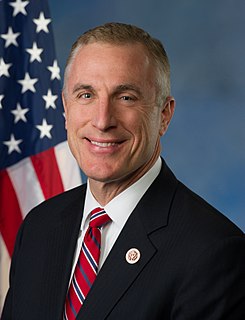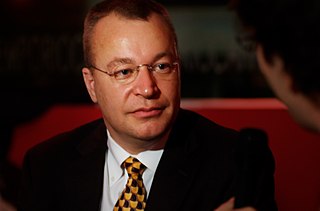A Quote by Daniel J. Boorstin
It is very unlikely that the computer will displace the books, except in areas where we need information speedily.
Related Quotes
Progress in computer science is made with the distribution of revolutionary software systems and the publication of revolutionary books. We don't need a fancy information system to alert us to these grand events; they will hit us in the face. Another good excuse for ignoring the literature is that, since everyone has strong beliefs about fundamentals but can't support those beliefs rationally or consistently convince non-believers, computer science is actually a religion.
Noise pollution is basically defined as the presence of simple information that makes it impossible to hear all the other more delicate - and often more important - information. Noise pollution creates, if you will, dumb environments. Our industrial areas, many of our downtown urban areas, are dumb acoustic environments. Very simple, very loud, often unhealthy.
Healthy areas that are richest in information are those areas in the wild where we can get all the information that's available to us within our human hearing range. The most valuable information throughout human evolution has been faint sounds. We tend to think in our modern world that if it's loud, if it grabs our attention, it's important. We get a lot of that in advertising. But in nature, it's the faintest sound that's important; it has determined, in the past of our ancestors, perhaps, if they will live or die. Faint sounds are the earliest clues of newly arriving information.
We shall look on crime as a disease, and its physicians shall displace the judges, its hospitals displace the Galleys. Liberty and health shall be alike. We shall pour balm and oil where we formerly applied iron and fire; evil will be treated in charity, instead of in anger. This change will be simple and sublime.
One can think of a secretary actively operating a filing system, of a librarian actively cataloguing books, of a computer actively sorting out information. The mind however does not actively sort out information. The information sorts itself out and organises itself into patterns. The mind is passive. The mind only provides an opportunity for the information to behave in this way. The mind provides a special environment in which information can become self-organising. This special environment is a memory surface with special characteristics.
The term "informatics" was first defined by Saul Gorn of University of Pennsylvania in 1983 (Gorn, 1983) as computer science plus information science used in conjunction with the name of a discipline such as business administration or biology. It denotes an application of computer science and information science to the management and processing of data, information and knowledge in the named discipline.







































